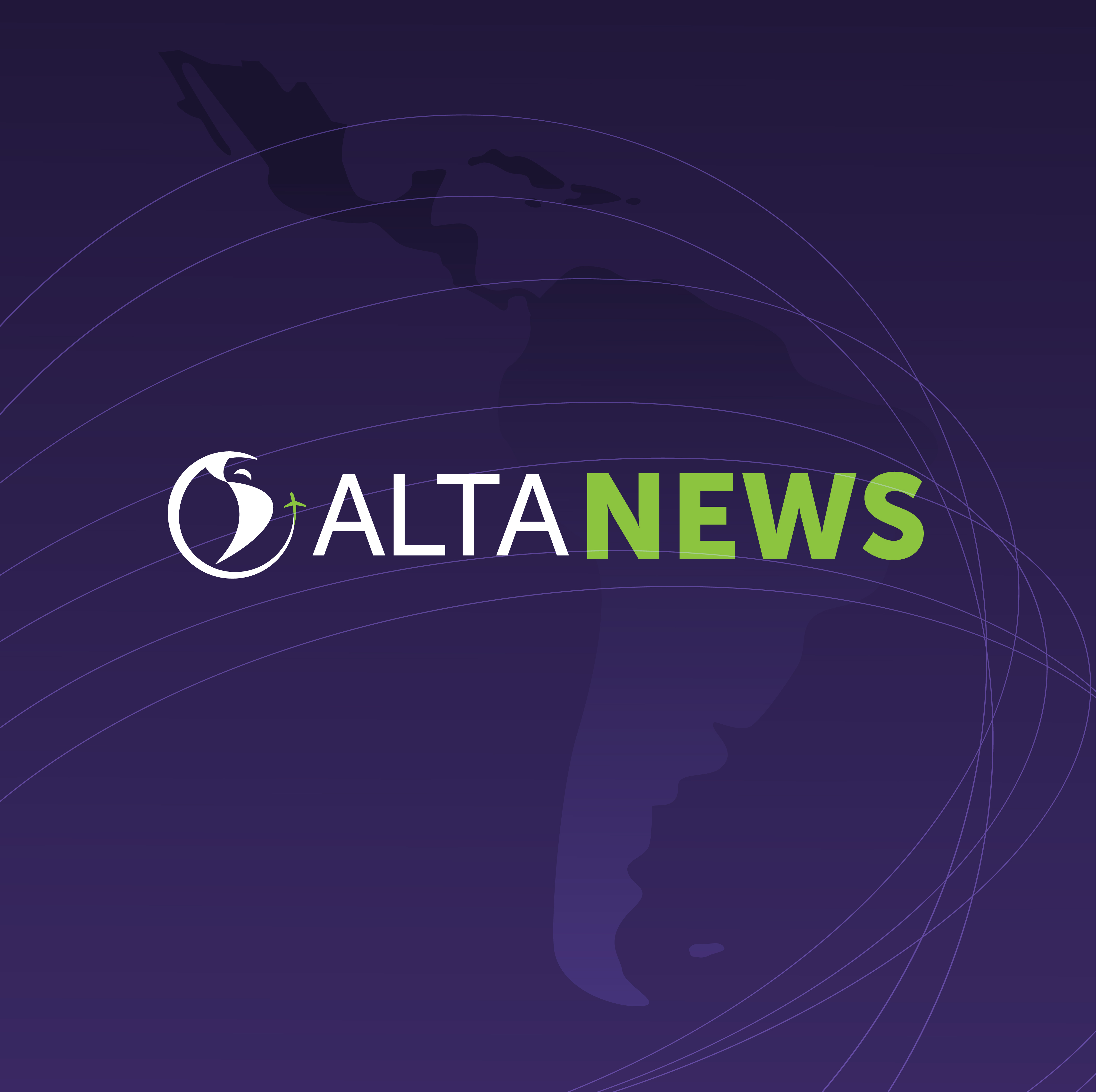ALTA and ALA Bolivia express concern over USD payment requirement for airlines in Bolivia
The associations express their deep concern regarding the recent requirement by the fuel supplier to receive payments exclusively in U.S. dollars (USD) for fuel supply
November 7, 2024

November 7, 2024 – The Latin American and Caribbean Air Transport Association (ALTA) and the Bolivian Airlines Association (ALA Bolivia), on behalf of the airlines operating in Bolivia, express their deep concern regarding the recent requirement by the fuel supplier to receive payments exclusively in U.S. dollars (USD) for fuel supply. This measure, in a context of limited USD availability in the Bolivian banking system, poses a significant challenge to the continuity of air operations in the country.
Acceptance of payments in Bolivianos (BOB) is crucial for the sustainability of the air sector in Bolivia
For over a year, airlines have implemented various strategies to adapt to the lack of foreign currency, increasing sales in Bolivianos and incurring high costs from international remittance fees. However, the requirement for USD payments by the fuel supplier jeopardizes the continuity of operations, as it is extremely difficult to obtain dollars in the Bolivian market. Acceptance of payments in Bolivianos is not only a necessary measure but vital to preserving the sector’s viability and air connectivity in Bolivia.
Aviation in Bolivia is essential not only for the connectivity it offers to a landlocked country but also for its economic impact. Approximately 50% of air cargo in Bolivia is transported on passenger planes, which is vital for international trade. In 2023, 1.01 million international tourists visited Bolivia, of which almost 70% arrived by air. Moreover, the international tourism sector contributed 5.2% to Bolivia’s GDP (USD 2.5 billion) and 5.5% of total employment (over 304,000), highlighting the crucial role of air transport for the country’s economy.
It is important to note that international connectivity in Bolivia has not yet recovered to pre-pandemic levels and remains 21% below 2019 levels. Bolivia is one of the few countries in the region that has seen a reduction in its international connectivity, in terms of the number of routes and airlines operating. In 2017, 23 international routes operated to and from the country, while at the end of 2023, only 19 were operating. In terms of airlines operating international routes, in 2017 there were 11, and currently there are 10.
Bolivia's total exports abroad in 2023 amounted to USD 13.6 billion, of which 24% were exported by air. Although the volume of air cargo is low, its value is high, making it the second most important mode after road transport.
Additionally, it is important to note that Bolivian law, as established in both the Civil and Commercial Codes, states that “Obligations contracted in foreign currency shall be settled in the stipulated currency when legally possible. Otherwise, they shall be settled in the national currency, the Boliviano, in accordance with the monetary and exchange regulations in effect at the time of payment.”
ALTA and ALA Bolivia urge to maintain payment in Bolivianos and implement additional, measures to preserve air connectivity
In light of this situation, ALTA and ALA Bolivia call on Bolivian authorities and service providers to reconsider the USD payment requirement and maintain the possibility of making payments in Bolivianos for fuel supply. Additionally, the following measures are proposed to mitigate this issue:
- Continue accepting payments in the legal currency, that is, in Bolivianos (BOB) for aviation fuel and other services, allowing airlines greater financial stability given the scarcity of USD in the market.
- Priority access to foreign currency for the aviation sector, ensuring the availability of USD at favorable exchange rates and avoiding the application of excessive fees.
These actions would not only support airlines in their daily operations but also strengthen Bolivia’s economy as a whole, promoting the growth of tourism and foreign trade.
“We urge Bolivian authorities to work jointly with airlines and service providers to find solutions that ensure the sustainability of air transport in the country. Access to competitive and affordable air services is crucial for Bolivia’s economic recovery and development,” stated ALTA’s Executive Director.
ALTA and ALA Bolivia reaffirm their commitment to collaborating with authorities and industry stakeholders to promote connectivity and ensure sustainable growth of air transport in Bolivia and throughout the region.
– ALTA – ALA Bolivia


























